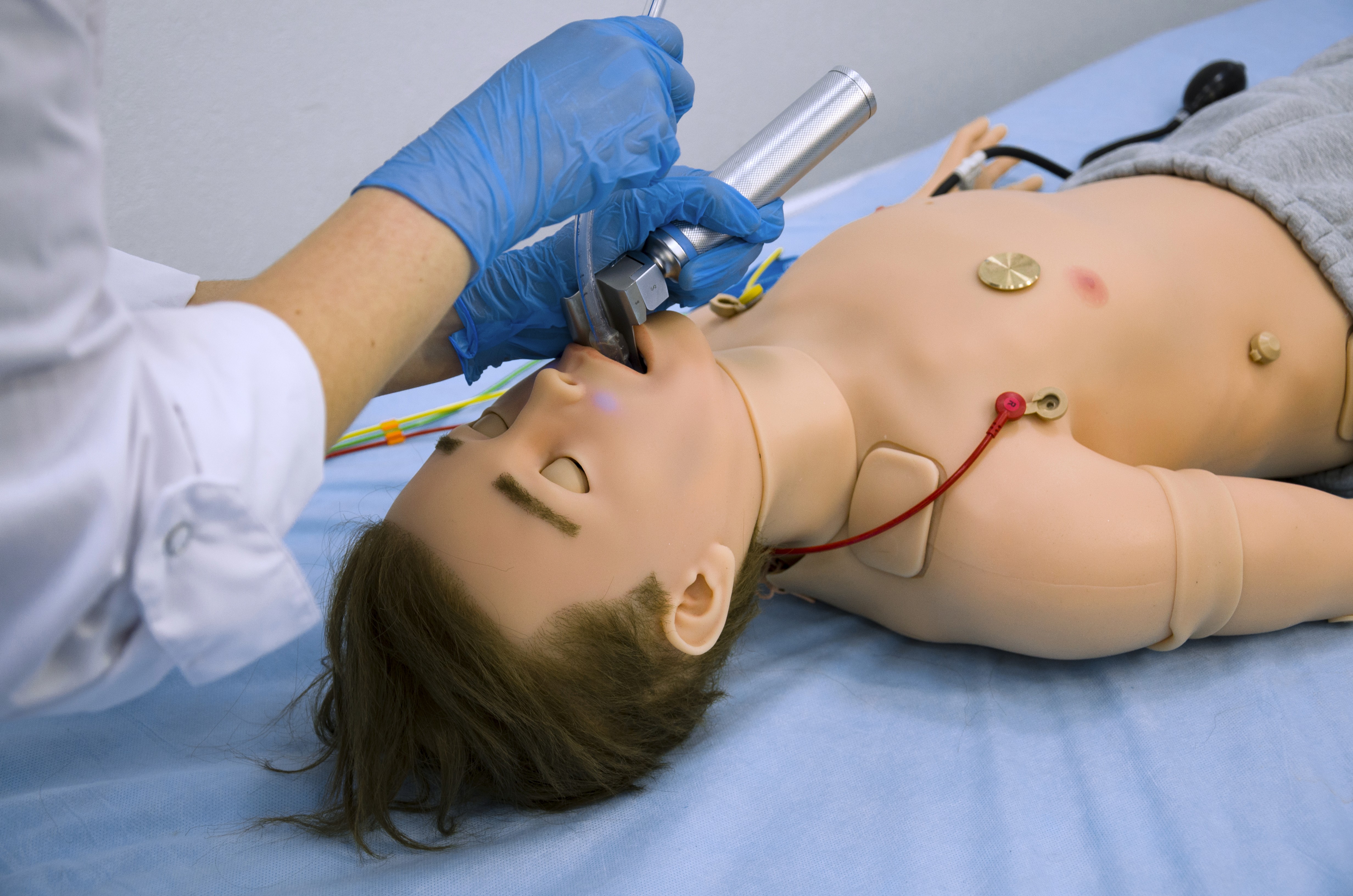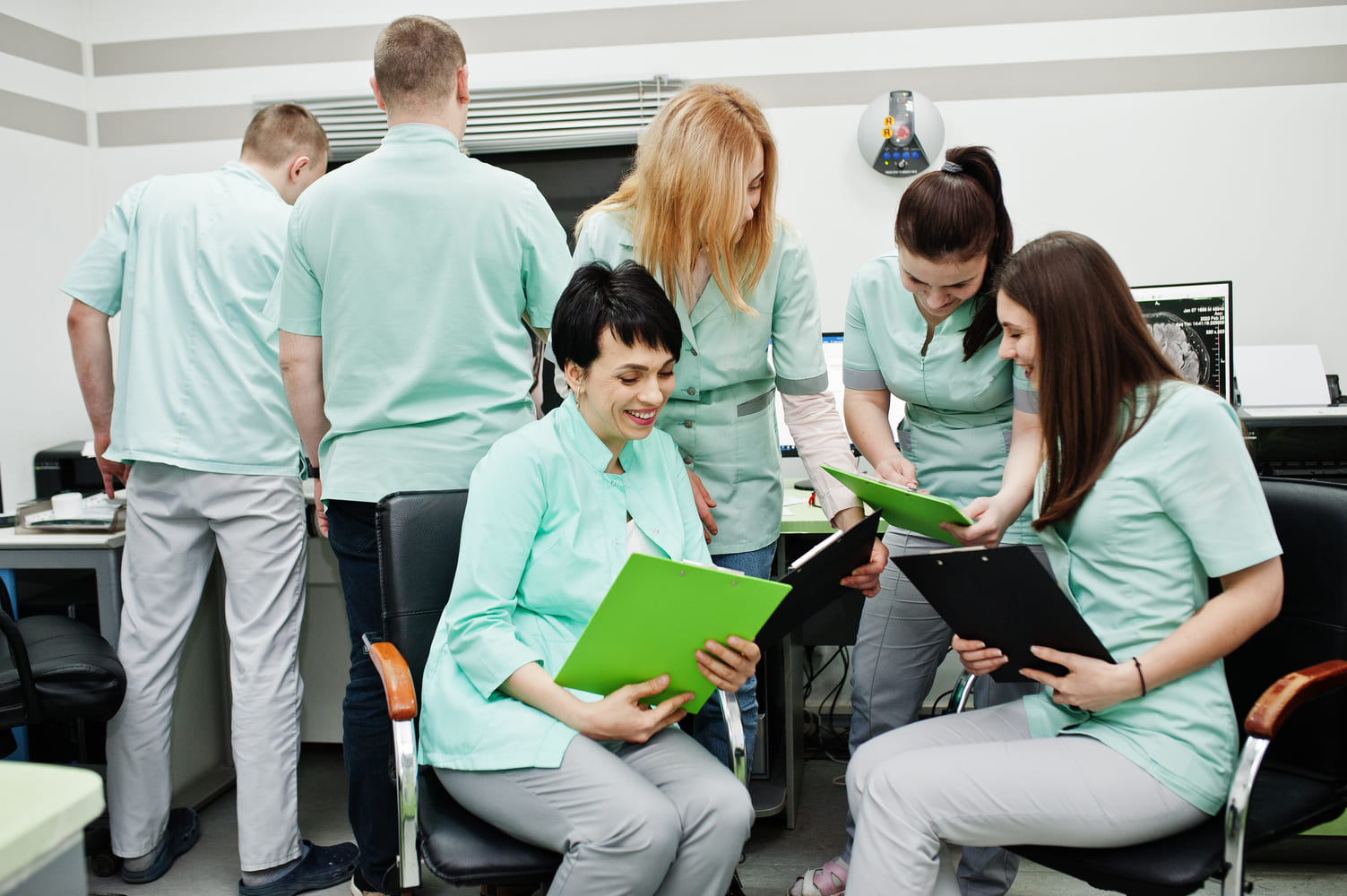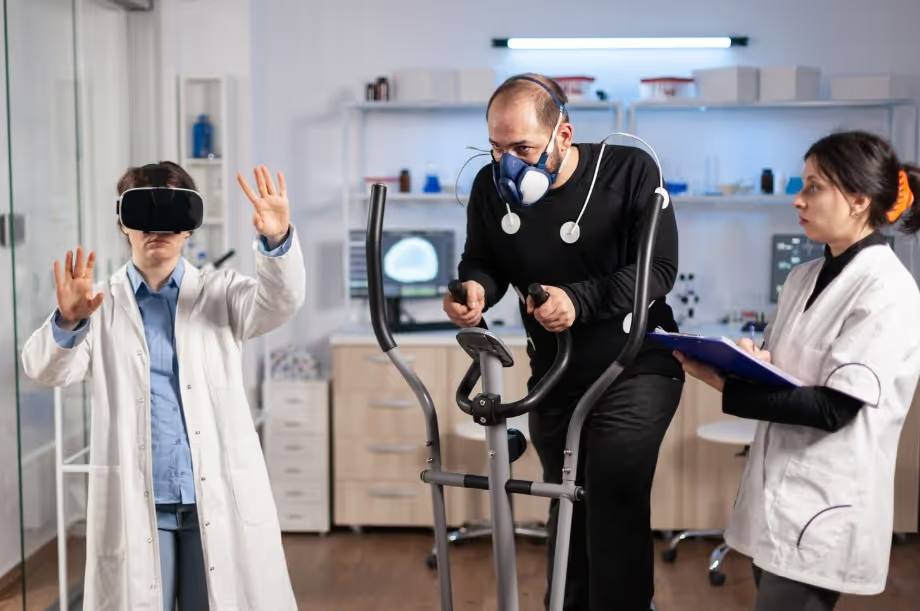
Ways To Improve Patient Care With Simulation-Based Training
Simulation-based training has emerged as a pivotal tool in the realm of healthcare education and training, revolutionizing how healthcare professionals prepare for real-world scenarios. They offer an unparalleled opportunity to hone skills and decision-making capabilities, eliminating potential harm to real patients. Simulation-based training helps you improve patient care in a few different ways, and with an understanding of this training, you’ll see just how important it is for patients and healthcare professionals.
Enhance Critical Thinking Skills
By engaging in simulation-based training, healthcare professionals are able to immerse themselves in complex, lifelike scenarios that require them to navigate critical decisions safely. This experience is not a one-time affair but a repetitive process that significantly sharpens their critical thinking abilities. As these scenarios mimic real-life situations closely, the continuous practice lays a solid foundation for improved decision-making under pressure. With the right simulation-based training, future healthcare professionals can advance their skills so, in real situations, they can go with the best option for the patient.
Improve Teamwork and Communication
Another way that simulation-based training helps to improve patient care is that it makes teamwork and communication easy. When burgeoning healthcare professionals can practice in a safe and stakes-free environment, they can focus on their teamwork and see just how vital clear and effective communication can be. This hands-on practice is instrumental in fostering a culture of collaboration, leading to synergistic efforts that significantly enhance patient outcomes.
Identify and Address Knowledge Gaps
One of the most significant advantages of simulation-based training within the healthcare sector is its unique capability to identify and directly address precise knowledge or skill deficiencies. This tailored approach guarantees that every participant can practice and identify areas where they’re lacking. Enough practice will help them stay confident, able to address any situation with their technical skills and knowledge. For patients to have improved outcomes, the people caring for them need to have training to effectively fill in their knowledge gaps.
Learn New Procedures and Techniques
With the medical field continually evolving, staying on top of the latest procedures and technological advancements is crucial for healthcare professionals. Simulation-based training serves as an ideal environment to safely practice and master these new skills without the fear of putting real patients in harm’s way. This proactive learning approach ensures that healthcare teams can, using the most current knowledge and techniques, deliver superior patient care.
Simulation-based training is the go-to way to improve patient care for healthcare professionals. It offers comprehensive benefits, but you need the right kind of medical simulators, which MedVision is uniquely qualified to provide. With our high-quality medical manikins, proper education and practice can be easy, allowing patients to enjoy the better healthcare outcomes they’re looking for.
Immerse yourself in a demo to see how MedVision transforms traditional learning into an engaging, interactive experience
Subscribe for the Latest News!





